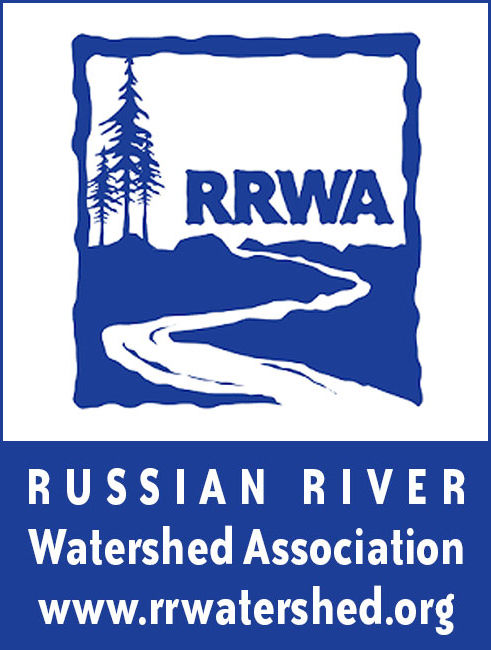Even though the Russian River watershed has received roughly 130% of the average rainfall this season, it is time to discuss the impacts of overwatered landscapes as the dry weather returns and irrigation controllers turn on.
You are most likely aware of the traditional reasons to properly water your landscaping: save water and money, address water-wasting leaky irrigation lines, respond to drought conditions, and keep landscapes alive! But what you may not know is, overwatering is actually an enforceable code violation in many jurisdictions.
Local government is being compelled by the state to comply with regulations that enforce upon us all to use less water and to use it more wisely, regardless of how much rain has fallen. On May 31, 2018, Gov. Jerry Brown signed two bills which “make water conservation a California way of life.” SB 606 and AB 1668 call for creation of new urban efficiency standards for indoor and outdoor water use. Starting in 2023, the indoor water use standard will be 55 gallons per person per day.
Outdoor use is already heavily regulated and will continue to be regulated for the long-term. Allowing your lawn to be overwatered to the point that it is flowing in the gutter in front of your home is not just against code, it is enforceable by fines and even water shut-off (in some jurisdictions). Regulations also prohibit irrigation water from entering the storm drain system. Irrigation water entering the storm drain requires local government to assess the impact that overwatering may have had on a creek, which all storm drains connect to. The assessment could include an investigation of your property, the gutter, the storm drains and the creek. It can involve pictures, questioning, sampling and reporting⎯all of which can be billed to those in violation of overwatering.
Overwatering can lead to some other undesirable consequences such as a photo and detailed critique posted on social media by a concerned neighbor. A code enforcement officer knocking on your door at 7:30 a.m. is a wake up call we would all prefer to avoid. A notice of violation from your city including fines is a notice you really don’t want to receive, and the jurisdiction doesn’t want to issue. However, due to the growing number and magnitude of state mandated regulations on water use and pollution prevention, these scenarios are unfortunately likely to become more common.
Incorporating proper landscaping and watering practices can help you avoid these situations and truly become a water hero. There are roughly 345 different landscaping techniques to optimize your water use. Details can be found in the Russian River Watershed Association’s Russian River-Friendly Landscaping Guidelines. Visit rrwatershed.org/project/rrflg to view and download a copy of the River-Friendly Landscaping Guidelines.
This article was authored by Nicholas Bennett, of the city of Rohnert Park, on behalf of RRWA. RRWA (rrwatershed.org) is an association of local public agencies in the Russian River Watershed that have come together to coordinate regional programs for clean water, habitat restoration and watershed enhancement.








